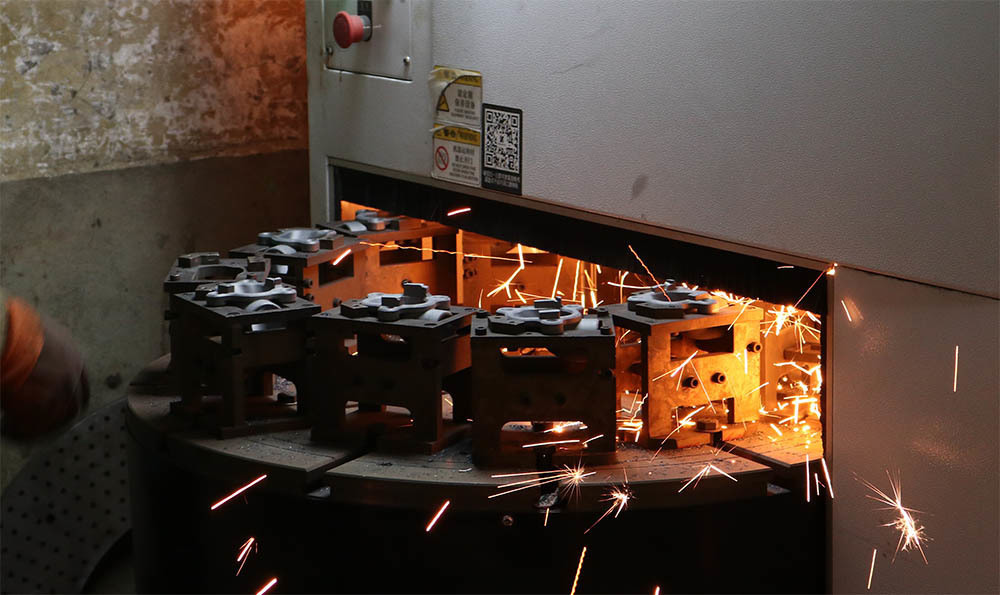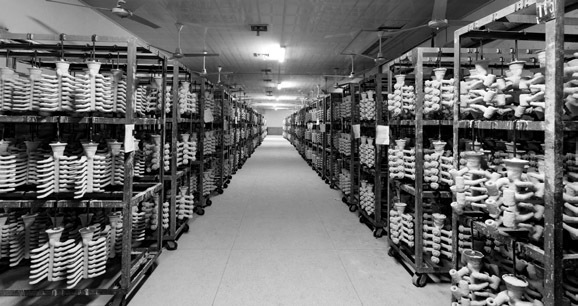2025-05-09
Common Mistakes to Avoid When Shopping for Auto Parts Gearbox Online
Common Mistakes to Avoid When Shopping for Auto Parts Gearbox Online
Shopping for auto parts online can be a daunting task, especially when it comes to crucial components like gearboxes. With countless options available, it’s easy to fall into traps that could lead to poor purchases. To help you navigate this complex landscape, we’ve identified several common mistakes to avoid when shopping for auto parts gearboxes online. Whether you are a seasoned mechanic or a DIY enthusiast, understanding these pitfalls can save you time, money, and frustration.
Table of Contents
- Understanding the Gearbox: What You Need to Know
- Doing Your Research: Importance of Informed Decisions
- Choosing the Right Seller: Why Reputation Matters
- Checking Compatibility: Ensuring the Right Fit for Your Vehicle
- Evaluating Quality: What to Look For in Gearboxes
- Considering Warranty Options: Protecting Your Investment
- Reading Reviews: Leveraging Customer Feedback
- Understanding Return Policies: Your Safety Net
- Frequently Asked Questions
Understanding the Gearbox: What You Need to Know
The gearbox is an integral part of your vehicle's transmission system, responsible for transferring power from the engine to the wheels. It significantly influences the performance, fuel efficiency, and overall driving experience. Understanding the various types of gearboxes—manual, automatic, and CVT (Continuously Variable Transmission)—as well as their specific functions can help you make informed decisions when shopping online.
The Role of Gearboxes in Vehicles
Gearboxes serve as the intermediary between the engine and wheels, allowing for smooth gear transitions that optimize engine performance. A well-functioning gearbox enhances acceleration, improves fuel economy, and ensures the longevity of your vehicle.
Doing Your Research: Importance of Informed Decisions
One of the most significant mistakes customers make is not conducting adequate research before purchasing a gearbox online. The automotive parts market is flooded with options, and knowing the specifics of what you need is crucial.
Understanding Specifications
Before diving into online shopping, familiarize yourself with your vehicle's specifications. Check the make, model, year, and engine type. Not all gearboxes are compatible with every vehicle, and knowing your specifications will help narrow down your options.
Comparing Brands and Models
Different brands offer varying levels of quality, durability, and performance. Compare several models and read up on their features, benefits, and potential drawbacks. This knowledge will help you make a more informed purchase.
Choosing the Right Seller: Why Reputation Matters
Not all online sellers are created equal. Selecting a reputable seller can mean the difference between receiving a quality product and ending up with a defective or subpar gearbox.
Researching Seller Credentials
Look for sellers with established reputations in the auto parts industry. Check for credentials such as certifications, years in business, and customer service ratings. A reliable seller will have positive reviews and a history of satisfied customers.
Verifying Seller Policies
Before making a purchase, always read the seller's policies regarding shipping, returns, and warranties. A trustworthy seller should offer clear and fair policies that protect your purchase.
Checking Compatibility: Ensuring the Right Fit for Your Vehicle
Failing to check compatibility is a common mistake that can lead to wasted time and resources. Always verify that the gearbox you intend to buy is compatible with your vehicle's make and model.
Using Compatibility Tools
Many online retailers provide tools to help you check compatibility. Make use of these resources by entering your vehicle's information to ensure the gearbox will fit properly.
Consulting with Professionals
If you are unsure about compatibility, don't hesitate to consult with a mechanic or an automotive expert. Their experience can help you avoid making costly mistakes.
Evaluating Quality: What to Look For in Gearboxes
Quality is crucial when selecting auto parts. Cheap gearboxes may seem appealing, but poor quality can lead to more expensive repairs in the long run.
Recognizing Signs of Quality
When browsing gearboxes online, pay attention to details such as material quality, construction methods, and brand reputation. Look for gearboxes that use high-quality materials and have undergone rigorous testing.
Understanding OEM vs. Aftermarket Parts
Original Equipment Manufacturer (OEM) parts are made by the same company that manufactured the original part, while aftermarket parts are produced by third-party manufacturers. Both have their pros and cons, and understanding these differences can help you choose wisely.
Considering Warranty Options: Protecting Your Investment
A warranty is essential when purchasing a gearbox online. It provides a safety net should the part fail or not perform as expected.
What to Look for in a Warranty
When evaluating warranty options, consider the duration and coverage. A longer warranty often indicates a higher level of confidence in the product's quality. Additionally, read the fine print to understand what is and isn’t covered.
The Importance of Warranty Claims
Understand the process for filing warranty claims. A seller with a straightforward claims process will make it easier for you to seek redress if issues arise.
Reading Reviews: Leveraging Customer Feedback
Customer reviews are invaluable resources when shopping for auto parts online. They provide insights into the experiences of other buyers and can highlight quality issues you might not otherwise notice.
Finding Reliable Reviews
Look for reviews on multiple platforms, including the seller's website, third-party review sites, and social media. Pay attention to recurring themes in the feedback.
Understanding Review Context
Not all reviews carry the same weight. Consider the reviewer's experience level and the context of their feedback. A professional mechanic’s review may offer more valuable insights than a casual user.
Understanding Return Policies: Your Safety Net
A clear return policy is crucial when purchasing auto parts online. Understanding the return process can save you from potential headaches.
What to Look for in Return Policies
Check how long you have to return items, conditions for returns, and whether the seller covers return shipping costs. A fair return policy is a good indicator of a seller's reliability.
Handling Returns Effectively
In the event that you need to return a gearbox, keep all packaging and receipts. This will facilitate the return process and ensure you receive your refund or exchange promptly.
Frequently Asked Questions
1. What should I check before purchasing a gearbox online?
Always verify compatibility with your vehicle's specifications, research the seller’s reputation, and evaluate the quality and warranty of the gearbox.
2. Are OEM parts better than aftermarket parts?
OEM parts are typically of higher quality as they are made by the original manufacturer. However, high-quality aftermarket parts can also be reliable. It’s essential to research specific products.
3. How can I tell if a seller is reputable?
Check customer reviews, seller ratings, and years in business. A reputable seller will have a track record of satisfied customers.
4. What should I do if the gearbox I ordered is defective?
If the gearbox is defective, refer to the seller's warranty and return policy. Contact customer service to initiate a return or exchange process.
5. How important is it to read customer reviews?
Reading customer reviews is crucial as they provide insights into the quality and performance of the gearbox and the seller’s reliability. They can help you make a more informed decision.
Conclusion
Shopping for auto parts gearboxes online doesn’t have to be a daunting experience. By avoiding common mistakes such as neglecting research, failing to check compatibility, and bypassing quality evaluations, you can make informed purchasing decisions that lead to satisfactory results. Remember to choose reputable sellers, read customer reviews, and thoroughly understand warranty and return policies. With these guidelines in mind, you can confidently navigate the online marketplace for auto parts and secure the best gearboxes for your vehicle.









